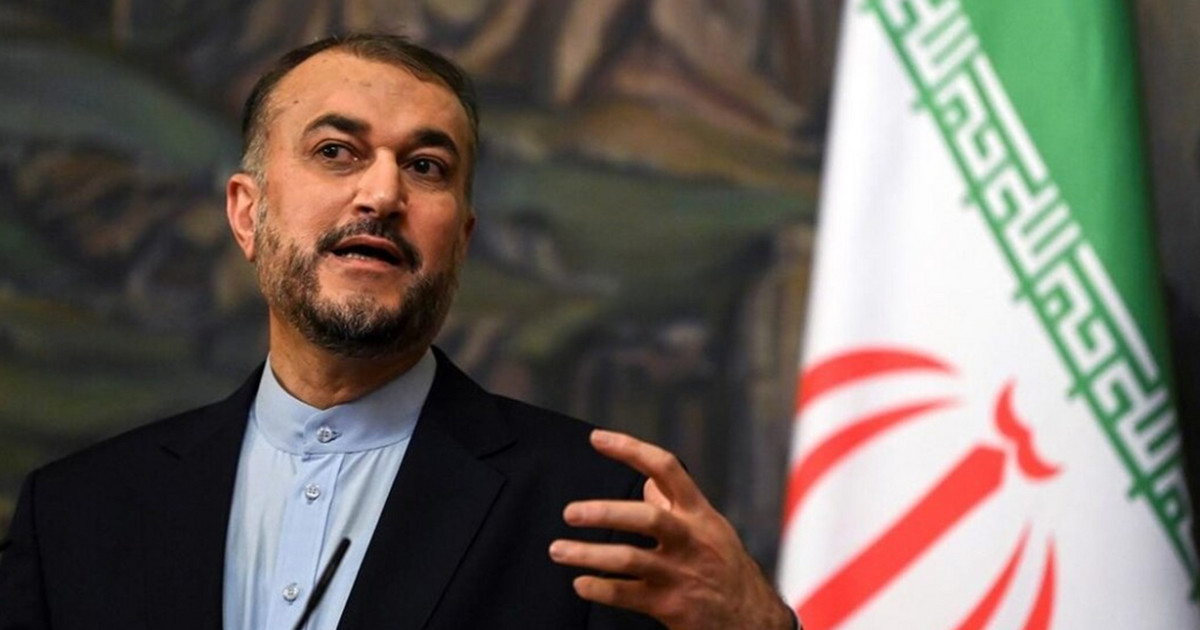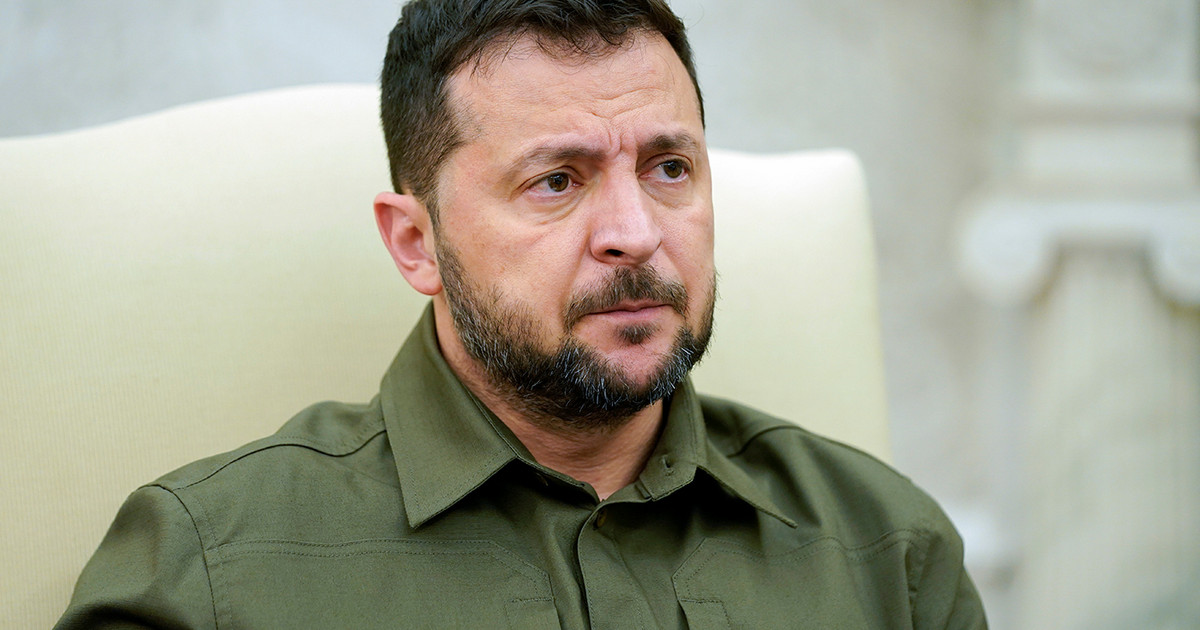The upgraded assessment of inflation risks, combined with the enhanced support provided by the new TPI government bond tool, led to the ECB’s decision to raise interest rates more, Bank chief Christine Lagarde explained.
At the same time, he signaled a new increase in interest rates in September, saying that further normalization is expected, but stressing that now the decisions will be based mainly on the change in data.
In particular, speaking at the press conference after the ECB’s first interest rate hike in 11 years, by 50 basis points, Ms Lagarde said inflation remains undesirably high and is expected to remain above the ECB’s target for some time, while the latest figures show a slowdown in growth, although this is moderated by some factors.
The new instrument approved today by the central bank against the financial fragmentation of the eurozone, the “Transmission Protection Instrument” (TPI), as Christine Lagarde said, will ensure that the ECB’s monetary policy directions are transmitted smoothly to all Countries.
In this context, he pointed out that the decision to approve the TPI and increase interest rates by 50 bp. was unanimous.
She clarified that the amount of purchases through the TPI is not limited in advance and that every country is eligible for the program.
At the same time, he pointed out that the pandemic reinvestment program (PEPP) remains “the ECB’s first line of defense” against risks to the transmission of its monetary policy.
As Mrs. Lagarde characteristically mentioned “we prefer not to use the TPI but if necessary we will not hesitate”.
On economic activity Ms Lagarde said it was showing signs of slowing as Russia’s war in Ukraine continued to weigh steadily on growth. Inflation, ongoing problems in supply chains and high uncertainty are putting further pressures.
These factors “cloud” the economic outlook, but as the head of the ECB said, the bank’s estimates do not currently predict a recession.
At the same time, after all, economic activity continues to benefit from the opening of the economy, the strong labor market and the supportive fiscal policy.
Ms Lagarde added that fiscal policy is helping to cushion the impact of the war in Ukraine, especially on those bearing the brunt of higher energy prices.
According to her, fiscal policies in all countries should aim to maintain debt sustainability, as well as enhance growth in a sustainable manner.
On inflation, Ms Lagarde said it was expected to “remain undesirably high for some time due to continued pressures from energy and food prices”. Additional inflationary pressures also come from the depreciation of the euro exchange rate.
Going forward, however, energy costs should stabilize and conditions in supply chains normalize, which combined with monetary policy tightening should support a return of inflation to the ECB’s target, he added.
Finally, it is worth noting that when asked specifically about Italy, Christine Lagarde said that “the ECB does not take a position on political issues” and that these concern the democratic processes of each country.
Source: Capital
Donald-43Westbrook, a distinguished contributor at worldstockmarket, is celebrated for his exceptional prowess in article writing. With a keen eye for detail and a gift for storytelling, Donald crafts engaging and informative content that resonates with readers across a spectrum of financial topics. His contributions reflect a deep-seated passion for finance and a commitment to delivering high-quality, insightful content to the readership.






